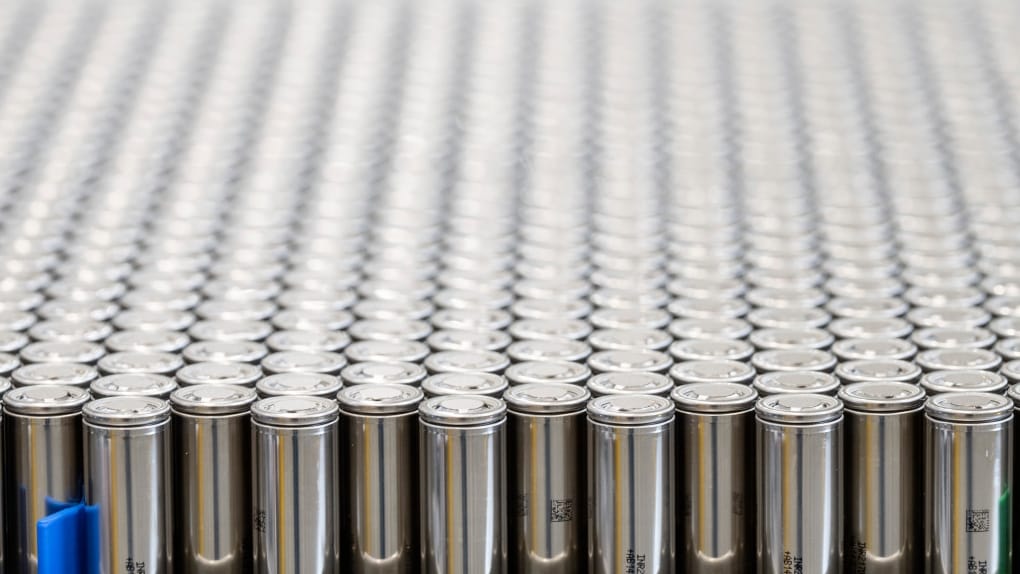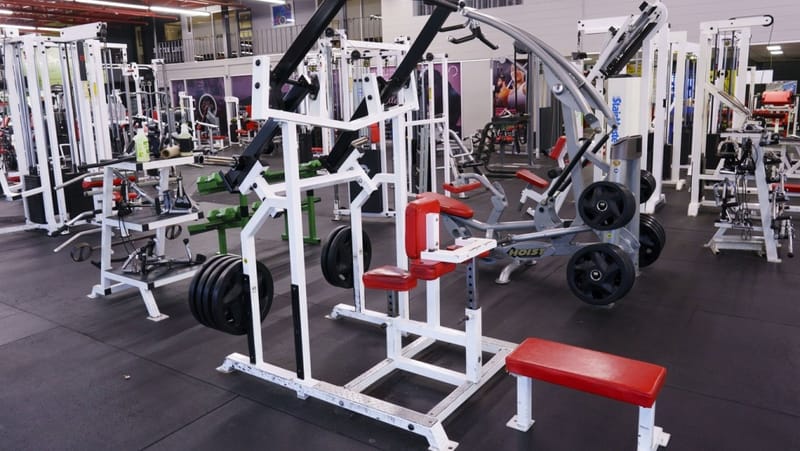How will tariffs affect Quebec's massive investment in the battery industry?
How would a potential tariff and trade war affect Quebec's place in the electric vehicle battery production industry?

Quebec’s role in the electric vehicle (EV) battery production industry could face significant challenges if a tariff and trade war were to arise, but it also has opportunities to strengthen its position, according to Jinhyuk Lee, an engineering professor at McGill University.
Lee views Quebec as having an "excellent opportunity" to dominate upstream activities such as mining and battery manufacturing. However, he emphasizes the need for the province to focus on high-value nickel-manganese-cobalt (Ni-Mn-Co) batteries rather than the more common and less expensive lithium-ion-phosphate (Li-Fe-PO4) batteries, an area where China currently excels.
“Tariffs inherently reduce the cost competitiveness of Canadian products across the battery value chain, including battery minerals, active materials, cells, and packs,” Lee said. “However, high-value segments require more expensive materials, an area where Canada and Quebec hold strong advantages due to abundant domestic resources.”
High-Value Batteries as a Competitive Edge
Ni-Mn-Co batteries, according to Lee, offer greater energy output, enabling vehicles to have a longer range and faster charging times compared to lithium-ion alternatives. These attributes make them more appealing for advanced applications.
Lee suggests that by focusing on producing nickel-manganese-cobalt or solid-state batteries and leveraging Canada’s vast reserves of critical minerals, Quebec could enhance its competitiveness in both cost and quality.
“By leveraging advanced technologies in developing high-value materials or batteries and combining this expertise with the low-cost, large-scale availability of critical minerals within Canada, Quebec can maintain its competitive edge,” he said.
Tariffs and Export Challenges
Lee also highlighted the potential impacts of tariffs on Quebec’s ability to export raw materials or finished products to the U.S. He noted that tariffs could reduce profitability by increasing costs, particularly in comparison to Chinese-made lithium-ion-phosphate batteries.
China’s dominance in the Li-Fe-PO4 battery market is driven by low labor costs, government subsidies, and vertically integrated manufacturing processes. “Even with significant tariffs on Chinese products entering North America, their products would likely remain more affordable while offering similar performance,” Lee stated.
This dynamic, he warned, could make Canadian-made batteries less attractive in global markets, underscoring the importance of Quebec investing in high-value battery technologies to maintain its competitive edge.





